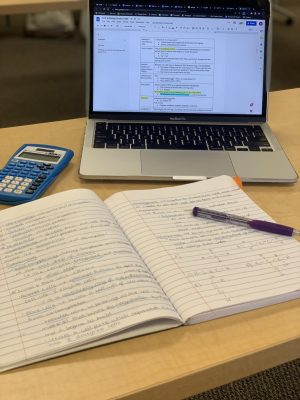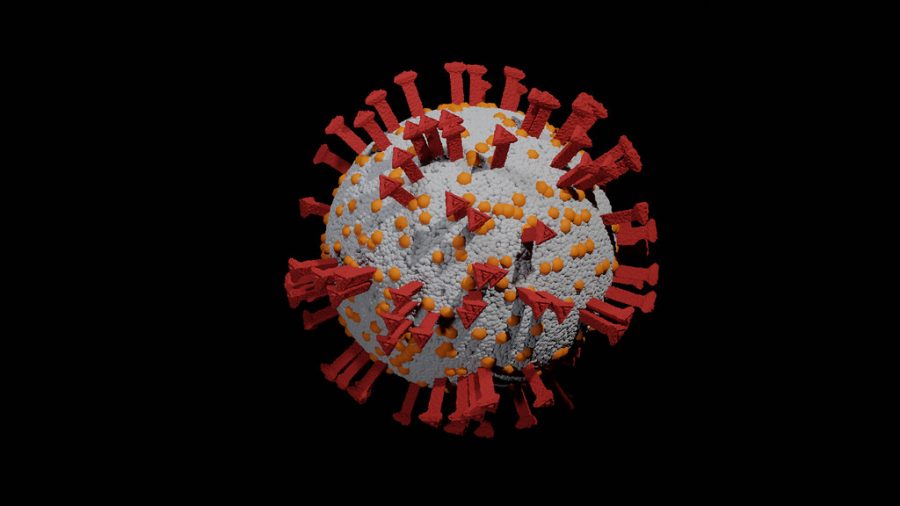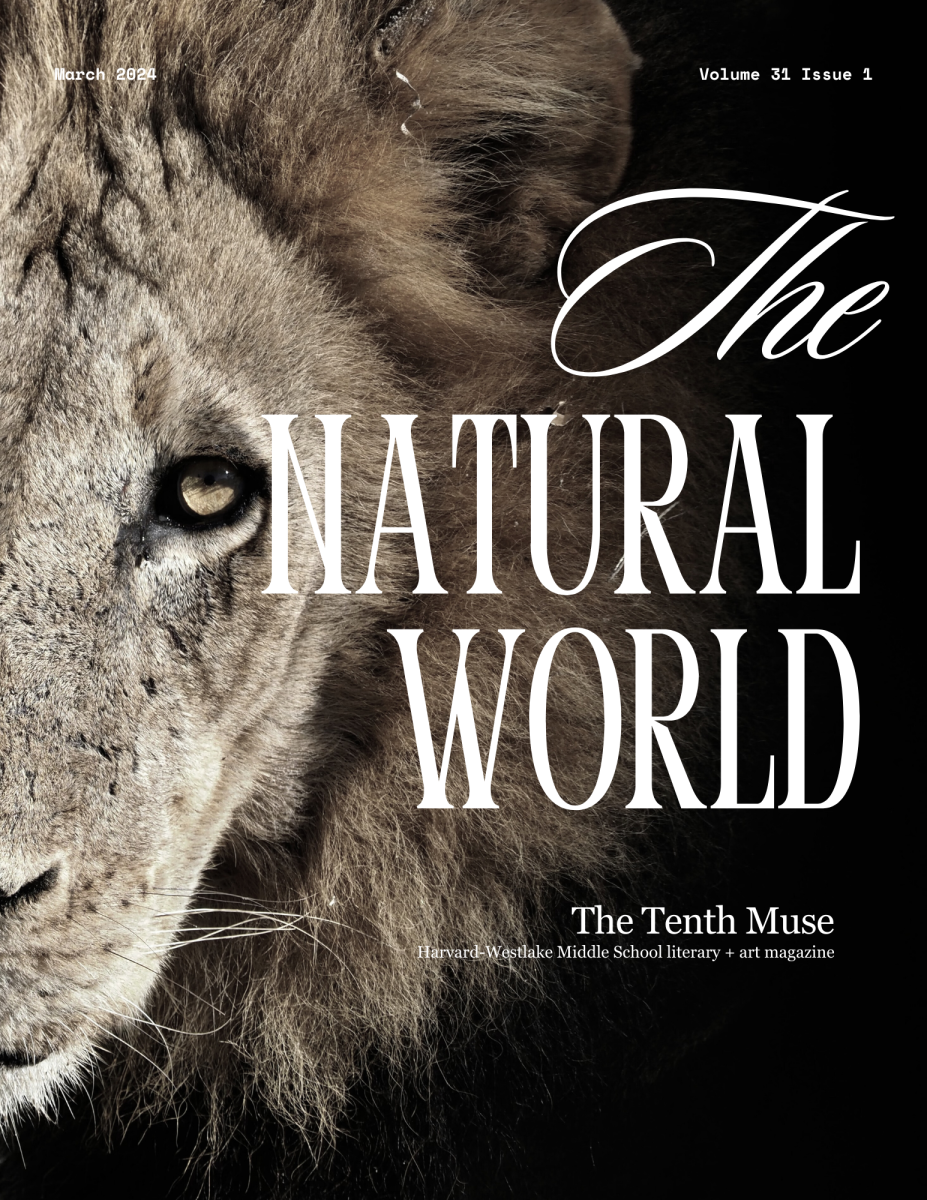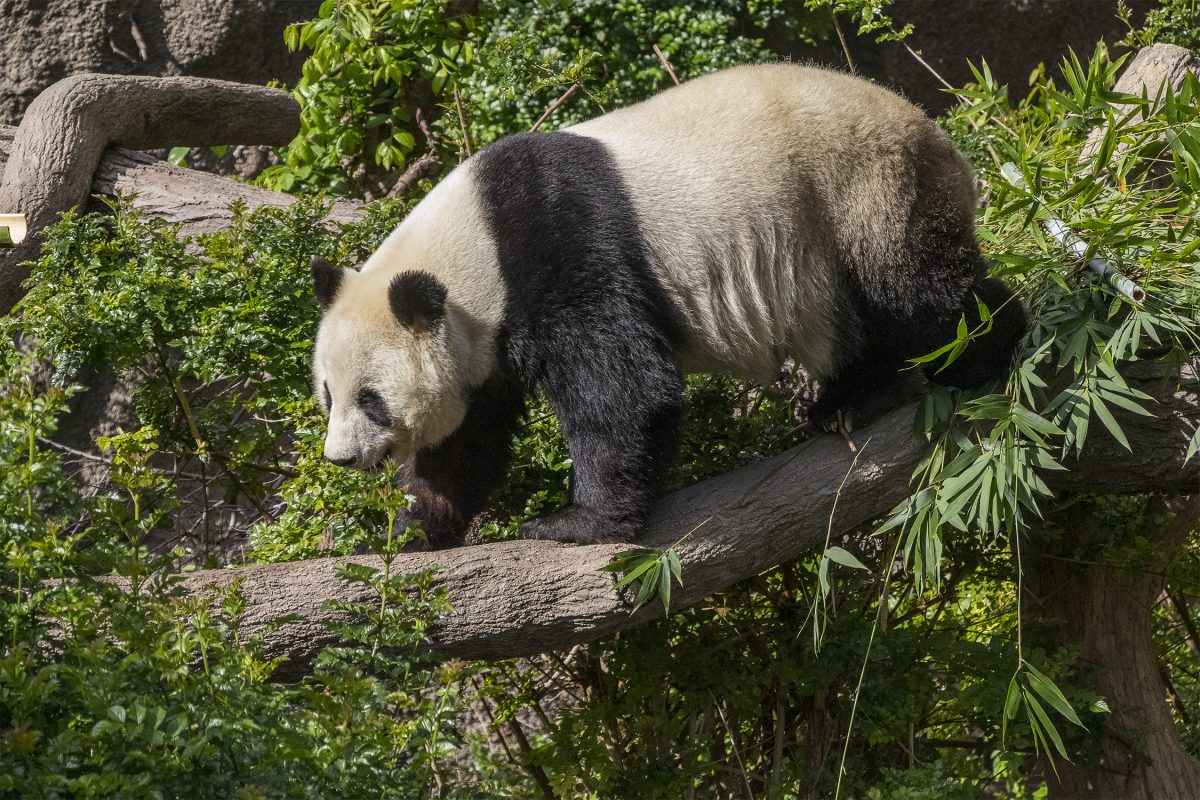In the midst of record high coronavirus infection rates sweeping across America, an even more contagious variant of the coronavirus has been found in the US. The variant was first identified in Britain, and within only 3 months, the variant increased Britain’s surge of infections significantly and filled more of its hospitals.
It will likely do the same in the US. Due to its highly contagious nature and higher transmission rate than the original virus, the variant sets off yet another alarm for the current health crisis with more questions and uncertainties as Americans navigate through the pandemic.
The variant was first found in southeastern England in September, and by November, accounted for a quarter of the cases. By early December, it accounted for 60% of cases in the city. “Scientists in the U.K. estimate that the new variant is 40-70% more infectious based on analysis of affected populations in Britain,” said Grace Hauck in a USA Today article.
Similarly, in an article by the New York Times, Apoorva Mandavilli noted that a recent modeling study estimated a 56% increase in transmission. “Once researchers sift through all the data, it’s possible that the variant will turn out to be just 10 to 20 percent more transmissible,” said Trevor Bedford, an evolutionary biologist at the Fred Hutchinson Cancer Research Center in Seattle.
Prime Minister, Boris Johnson, imposed a lockdown in Britain on January 4 to immediately begin vaccinating the population. Schools and colleges in England were forced to close and switch to online learning, and he appealed to the public to stay at home unless they were essential workers or needed to buy food and medicine.
In an article written by Stephen Castle and Mark Landler in the New York Times, “In recent weeks, the new, highly transmissible variant of the virus has taken hold in London and southeast England, prompting an alarming spike in case numbers, to close to 60,000 a day, and putting hospitals under acute pressure.” Britain is currently competing in a race to deliver its mass vaccination program before its health service is overwhelmed by the new variant.
Unfortunately, this variant is likely to catch on rapidly and become the predominant form in the United States by March. At least five U.S. states and 33 countries have identified the new variant, known as B.1.1.7. Compared to SARS-CoV-2 (the virus that causes the disease COVID-19) which acquires about one new mutation in its genome every two weeks, the U.K. variant has several mutations that affect the “spike protein” on the virus surface that attaches to human cells.
According to USA Today, “It’s able to bind to the receptors on cells better, and therefore is transmitted better,” said Dr. Anthony Fauci, the nation’s leading infectious disease expert, at the end of December.
However, B.1.1.7 isn’t the only virus mutation that is worrying authorities right now. British scientists also expressed concern that COVID-19 vaccines may not be able to protect against the variant identified by South African scientists.
According to Alexander Winning in an article from Reuters, “South Africa has also identified a strain similar to B.1.1.7, but it emerged in October independently of B.1.1.7 and is not related to it.”
South African researchers are currently performing studies to determine the effects of mutations in the variant, and scientists have identified over 20 mutations in the 501Y.V2 variant, including a few in the spike protein( what the virus uses to infect human cells). One of these mutations is at a location that is thought to be important for neutralizing antibodies and isn’t found in the other variant discovered in Britain.
“Why we’ve been a bit cautious about flagging out the concern about the (effectiveness of) vaccines is that for many of the vaccines they are thought to induce quite a broad immune response,” said Richard Lessells, an infectious disease expert at the KwaZulu-Natal Research Innovation and Sequencing Platform. “That broad response could target different parts of the spike protein, not just one […] That’s why we think that although these mutations may have some effect, they are very unlikely to completely negate the effect of the vaccines.”
According to Reuters, in South Africa, there have been more than 1.1 million COVID-19 cases and over 30,000 deaths, the most on the African continent. Fortunately, Public Health England has said there is no reason why COVID-19 vaccines would not protect against these mutated coronavirus variants, and BioNTech chief executive Ugur Sahin said in an interview that his company’s vaccine, which uses messenger RNA to fight the virus, should be able to protect against the variant.
In the US, this variant has been spotted in California, Colorado, Florida, New York and Georgia, and public health experts expect it to be identified in more states in the coming days. The B.1.1.7 variant was first identified in Colorado on Dec. 28 in a patient without a travel history, suggesting that the virus was spreading from person to person in the vicinity. The CDC plans to launch a national strain surveillance program this month requiring at least 10 samples biweekly for sequencing from each state.











